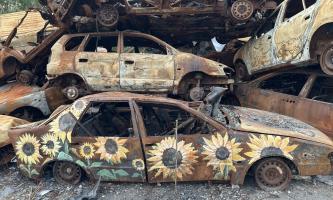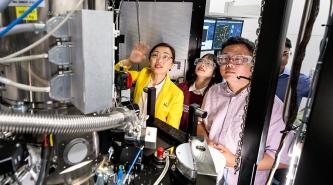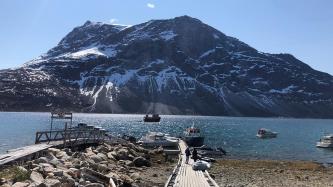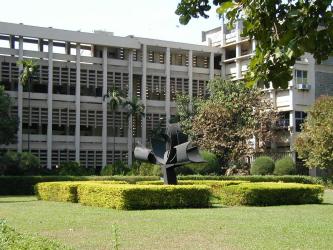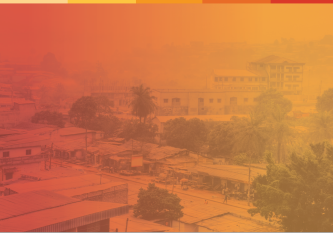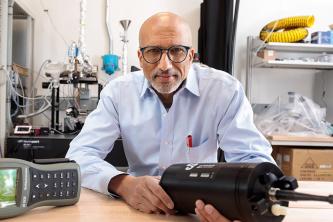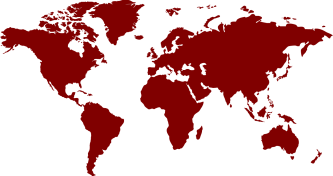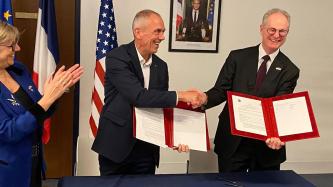News
Article
The IRC Discovery hosted visitors from the European Commission’s Directorate General for Research and Innovation on September 27 for a discussion about opportunities for engagement with European research funding mechanisms and mobility programs.
Nov 02, 2023
mbejarano
Europe
Article
Under siege, the Kyiv School of Economics has managed to expand, track Russia’s war debt, and build bomb shelters for schoolchildren. Two University of Chicago professors witnessed that resilience while teaching there this year.
Oct 30, 2023
mbejarano
Public Policy, Politics, & Justice
Europe
Article
A five-year Memorandum of Understanding with Pritzker Molecular Engineering and the MEET Battery Research Center at the University of Münster will expand collaboration around next-generation battery research.
Oct 04, 2023
mbejarano
Europe
Particles, Molecules, & the Universe
Article
Students, faculty share how they spent their summers studying everything from languages to glaciers
Sep 19, 2023
mbejarano
The Americas
Europe
Planet Earth
Cultures, Creeds, Arts, & Society
Article
A new partnership between the University of Chicago and IIT Bombay will promote cooperation in fields such as quantum information science, climate and energy, advanced microelectronics, artificial intelligence and data science.
Sep 11, 2023
mbejarano
Asia-Pacific
Particles, Molecules, & the Universe
Article
EPIC's 2023 AQLI Update finds that air pollution (PM2.5) is reducing the average person’s life expectancy by 2.3 years—or a combined 17.8 billion life-years lost worldwide.
Aug 29, 2023
mbejarano
Planet Earth
Article
Global Locations
Supratik Guha appointed Faculty Director of Center in Delhi
Mar 21, 2023
mbejarano
Asia-Pacific
Center in Delhi
Article
Internal funding for collaborative international activities at the University of Chicago
Jan 13, 2023
mbejarano
Article
UChicago expands relationship with Weizmann Institute of Science in Israel
Dec 19, 2022
mbejarano
Africa & the MIddle East
Particles, Molecules, & the Universe
Digital World
Weizmann Institute of Science
Article
UChicago and France’s flagship science organization deepen their long, collaborative research relationship
Dec 05, 2022
mbejarano
Europe
UChicago Global
5801 South Ellis Avenue
Chicago, IL 60637
global@uchicago.edu
© Copyright 2019–2025 University of Chicago
